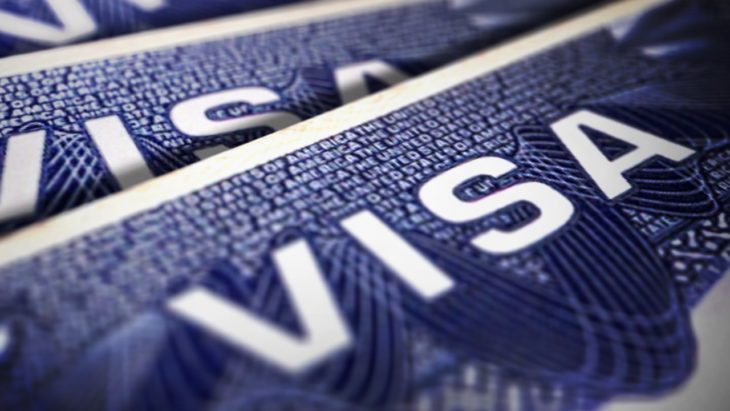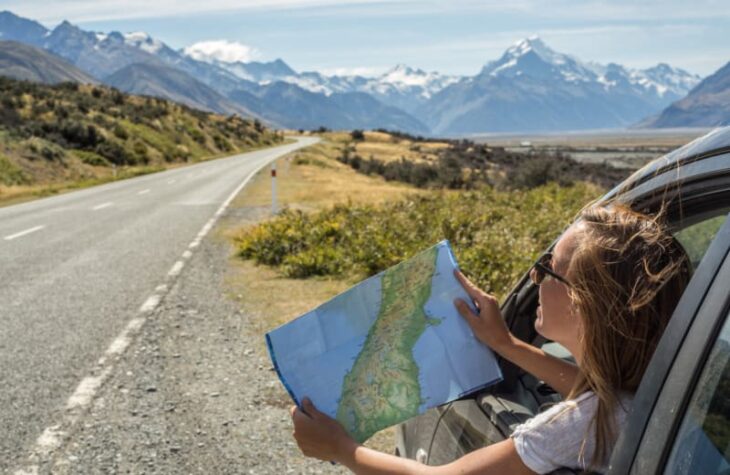New Zealand is at the top of the list of destinations to migrate among ex-pats in search of a pleasant environment and better job opportunities close to nature. People asking how to move to New Zealand are likely to rely on a work-time balance and a relatively good quality of life.
However, the remote island can face difficulties. Moving and shipping your goods requires meticulous preparation and strategic planning and it is costly.
So, why are you moving to New Zealand? In this section, we’ll show you the tips on moving to New Zealand, so you’ll know what to expect when your move is complete.

Source: rnz.co.nz
Contents
1. Choose the right visa
You probably need to know what kind of visa you are qualified for and what entitlements it would grant you. It would be easier to secure a resident visa if the job experience and credentials fulfil the requirements for the Point-Based Skilled Migrants category.
For those that are not eligible, the choices include either obtaining a work visa, and then upgrade to citizenship (which asks for employer sponsorship), or obtaining a student visa and applying for citizenship after you graduate. Families still need to continue to check their children’s visa requirements.

Source: usvisaestasite
2. Understand the cost of living
New Zealand, as an island country far from anywhere else, can be a very expensive place to live. Depending on where you come from, food, alcohol, clothes and consumer products costs are going to scare you.
New Zealand Immigration has a cost of living calculator that can give you a proper rundown of all your daily costs and how much you can expect to receive in different industries and cities.

Source: movu
3. Clear out your old file
Moving is a perfect opportunity to clean up discarded things when going overseas. This is a chance to actually start anew, as shipping large amounts of items can be very expensive. Alternatively, if you are only moving out for a gap year and you are going to go back home, then guess what? You are definitely going to know how little you wanted all of your stuff after you’ve spent a year without them.
Have a clear-out, sell some of your things, and you’re actually going to benefit a lot more from the money you will earn.

Source: dropified
4. Shipping items
The method of moving to New Zealand is not as easy as it might sound. It takes months of planning and negotiation of serious rules and regulations to be transported to this island nation, particularly when you are importing your pets and household goods into the region.
Any objects, such as various concealed weapons, are strictly forbidden, and even common belongings can be quarantined after they arrive. This is because New Zealand is doing a great deal to protect its biodiversity.
If you want to transport and ship your household goods to New Zealand, engaging logistics partners like safestorecontainers.co.nz is your best bet to transport your goods safely.

Source. SAS
5. Healthcare system
Before you decide on your big move to New Zealand, it’s important to grasp how the healthcare system functions. NZ has a public health system that delivers tax-funded free or subsidized hospital stay and emergency care. As an expatriate, you are entitled to access this health care system when you are a legal citizen in New Zealand.
If you are entering NZ on a work permit, you will be expected to be a citizen of the country for a period of 24 months before you are registered for this health care system. The public health system of NZ is of a high standard; however, it can be susceptible to delays. For this cause, private health providers are available and their prices are modest.

Source: Medium
6. Bank accounts and credit cards
You will have to open a bank account in New Zealand a few months before you move. This will help you to build your credit rating before you arrive there. New Zealand’s banking system is very sophisticated, with world-leading systems and highly sophisticated online banking facilities. You will pay for things with debit or credit cards.
Banking hours are 9:00 a.m. to 4:00 p.m. on weekdays, and some of the bigger bank branches will be available on weekends.

Source: Maddin Hauser
7. New Zealand taxes
To get income in New Zealand, you require an IRD (Inland Revenue Department) number to pay your taxes. It is automatically deducted from your salary or earnings and paid by the employer to the government. Visit the Shipping items for more details and general information on the NZ tax scheme.

Source: marbellaforsale
8. The weather is very unpredictable
New Zealand may be very similar to Australia’s hot and sunny country, but Kiwi’s weather is quite different. Not only are temperatures even less intense than they are in Oz, but it is also possible to have “four seasons in one day.” This saying was made by drama queens who tend to exaggerate a little. What they actually say is that it might be bright at one moment and snowy at the next, as every Brit should be used to.
It’s all down to the location; the two islands of New Zealand are surrounded by some of the wildest seas in the world, which can make it pretty thrilling. A day could start hot and sunny, and by noon it would become a dreadful blast of freezing wind and rain, all thanks to the mad Pacific Ocean. If you’re going to try a wop of wops, make sure to carry a brolly.

Source: vivalifestyleandtravel.com
9. Don’t be afraid to ask
It’s really important to note that if you don’t know something, it’s cool to ask anyone. Don’t be shy to ask someone to explain something or ask for their guidance. It’s also the easiest way to learn, and you’ll find the Kiwis are very approachable and eager to lend a helping hand.
The Bottom Line
It takes time to adapt to life in a foreign place, with a diverse culture that has its own way of doing things. You will face some hurdles and challenges along the way, but patience and perseverance will help you find your feet in the end.
As years go by and the country becomes a comfortable environment, you will finally find yourself feeling like a real Kiwi.
